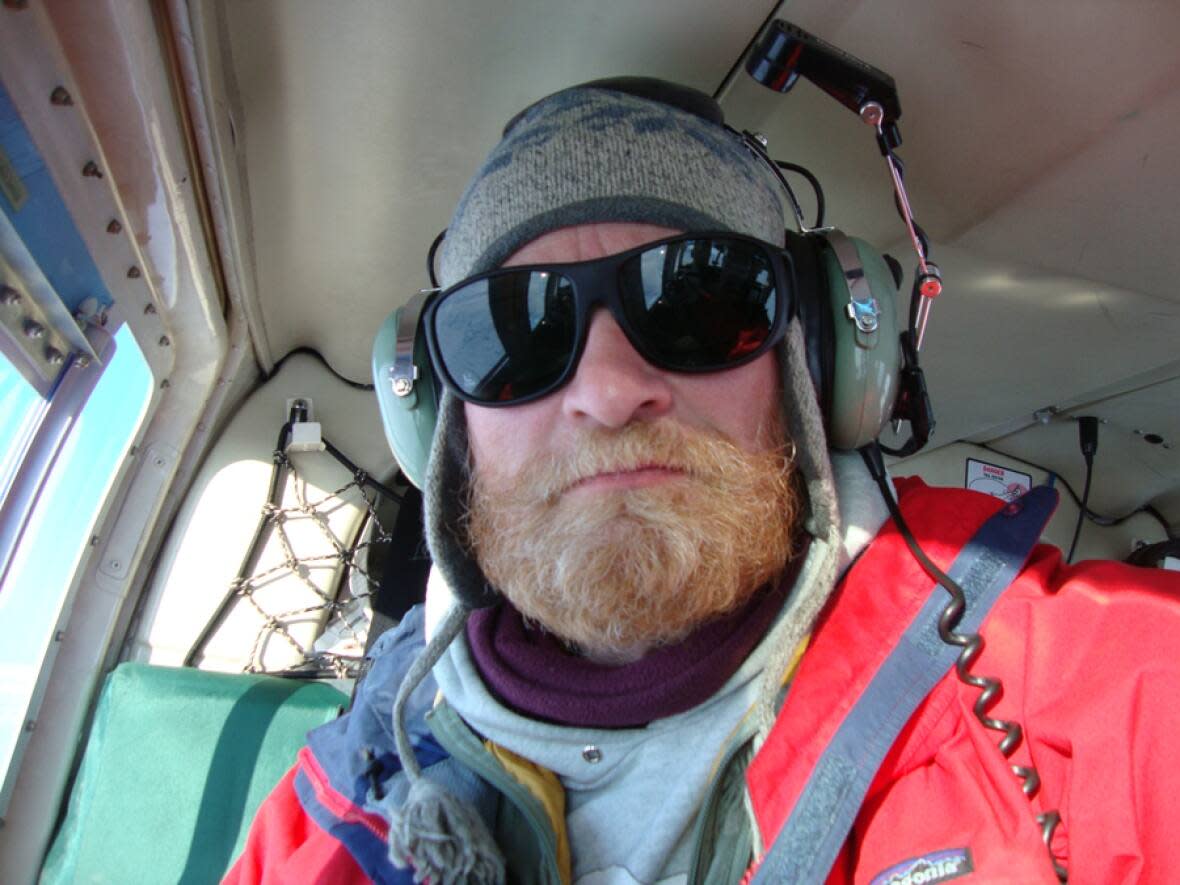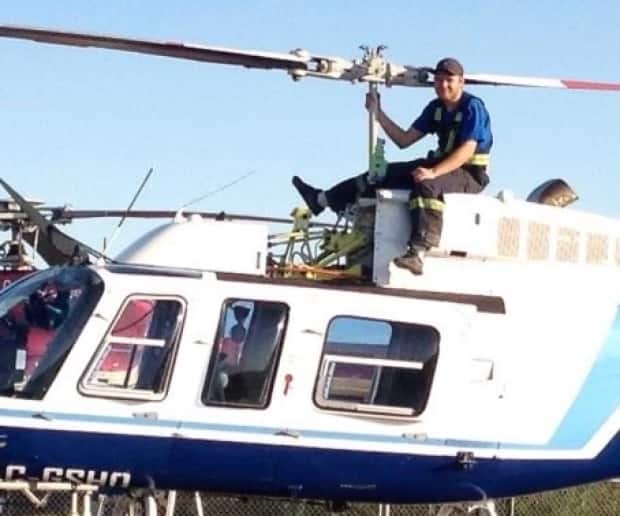15 people lost their lives on the job in the North last year, the highest number in a decade

When news broke of Markus Dyck's death, it rocked not only the small Nunavut community where he lived but the entire international research community.
"It rocketed around the world, the news, and just disbelief and shock really hit everybody," researcher and Dyck's former colleague Andrew Derocher said at the time.
Living and working in Igloolik, Nunavut, the scientist had dedicated his life to working with polar bears.
That work would ultimately cost him his life.
Dyck, pilot Steven Page and helicopter engineer Benton Davie died when their helicopter crashed on a remote island outside of Resolute Bay, Nunavut. They were on their way to survey the Lancaster Sound polar bear population.
"It's sadness, and a sense of loss," Derocher said.
'Horrified'
Dyck, Page and Davie are just three of 15 people who died last year in the North either at work or from a work-related condition. (This story originally reported 14 deaths; the Workers Safety and Compensation Commission later confirmed an additional death in the N.W.T. due to a prior injury.)
Even at 14, it's the highest number of work-related deaths the territories have seen in more than a decade.
"I'm horrified. Horrified," says Lorraine Rousseau, north regional executive vice president of the Public Service Alliance of Canada.
"Nobody should have to go to work and feel like, 'Oh, is this the day I'm injured, paralyzed or die?'"

Seven of the fourteen work-related deaths in 2021 occurred in Nunavut, four in the Yukon and four in the Northwest Territories. Eight of the workers who died were northern residents.
Four of those deaths were people who had suffered a work related injury or disease in a previous year which contributed to their death in 2021.
Only eight deaths were made public:

'Absolutely a very unusual year'
"This is absolutely a very unusual year to have this many fatalities," says Debbie Molloy, WSCC president and CEO.
The last time the Northwest Territories and Nunavut had such a high number of work-related deaths was in 2011 when three separate air crashes killed 14 people, the majority of whom were either working or traveling for work.

In 2020, there was only one work-related death in the N.W.T. and Nunavut.
"One is too many deaths to happen in a workplace in a year. But that there was not one large event that sort of contributed to that number, that is concerning to us and I hope to employers and workers as well," Molloy says.
The WSCC says the COVID-19 pandemic was also a factor. Two of the deaths were a result of a COVID-19 infection that was transmitted at work. Two other people died after being infected with COVID-19 while suffering from a previous work-related injury.
However, Molloy says she believes northern employers did their best when it came to managing safety with the unpredictability of the COVID-19 pandemic.
"I think employers in the North actually did a really fantastic job reacting to COVID and to putting measures in place that would protect workers. It was a bit of a moving target, as you know. Some variants were much more contagious than other variants and folks were sort of trying to learn on the fly. They did," she says.
"But again, I can't say enough, though, that one death is too many."
'Employers have to be held accountable'
Rousseau says employers need to do more.
"I think at times, what value is the employer putting on people's lives and how is this acceptable anywhere? Employers have to be held accountable," she says.
So far, charges have been laid in relation to just one of the fourteen deaths.

In February the WSCC announced it had laid 11 charges against the Northwest Territories Power Corporation in relation to the death of Chinna, who died after being struck by a build-up of ice above a door at the Jackfish power plant in Yellowknife.
The charges include failure to safely maintain the facility, failure to ensure the health and safety of all persons at the facility and failure to correct unsafe conditions at the plant, among others.
Meanwhile, his mother and three sisters previously told CBC News he's being remembered as ambitious, hardworking and full of life, someone who was easy to get along with, and "liked to make people laugh."
He was 39.


